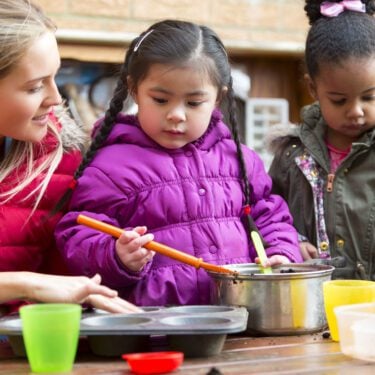Nuffield-funded research from the IPPR shows that the UTC and studio school programmes are failing due to difficulties recruiting pupils at age 14 and poor academic results.
Since 2010, there has been a steady growth in the number of 14-19 education institutions in England, the two most common models of which are University Technical Colleges (UTCs) and studio schools. However, both of these models are failing to recruit sufficient numbers of pupils, to attract pupils with a broad mix of backgrounds and abilities, to deliver a broad and balanced curriculum offer and to enhance pupils’ progress and performance.
IPPR research into UTCs and studio schools shows that:
- 7 UTCs and 14 studio schools have closed or announced that they are to close since the first were opened in 2011 and 2010, respectively.
- There are a significant number of UTCs and studio schools which look to be following a similar path towards closure – in 2015/16 13 UTCs and 7 studio schools filled less than 50 per cent of planned year 10 places.
- UTCs and studio schools are, on the whole, failing to deliver a high-quality education to pupils – in 2015/16, an average of 35 per cent of pupils in UTCs (1 in 3) and 26 per cent in studio schools (1 in 4) achieved 5 A* grades at GCSE, compared to a national average of 54 per cent (more than 1 in 2).
- Two thirds of both UTCs and studio schools fall within the bottom 10 per cent of schools nationally for the new Progress 8 measure of pupil performance.
- UTCs and studio schools experience structural barriers to recruiting pupils at age 14 which are extremely difficult to overcome, and which makes them vulnerable to fall into a cycle of decline.
In order to ensure the future success of UTCs, IPPR is calling for the next government to abandon transition at 14, and repurpose the UTCs programme to deliver high-quality, specialist technical provision to students aged 16-19:
- All new UTCs should open according to this revised remit.
- Existing UTCs should also largely convert to become 16-19 providers, with the exception of those with a record of high performance.
- UTCs should be used, in part, to deliver new T level qualifications, and provide a high-quality pathway into university, work or an Institute of Technology.
Studio schools are particularly vulnerable to a cycle of decline. Therefore, IPPR argues that no new schools should be opened, and existing studio schools should be made to join multi-academy trusts (MATs) in order to ease recruitment and resourcing problems.
Since 2010, government has championed UTCs and studio schools as institutions able to deliver technical education to young people from age 14. However, these schools are not, on the whole, working for pupils, and face too many barriers to being successful. Recruitment difficulties and poor results have led to a growing number of closures, with more likely to follow. The next parliament will see a greater commitment to technical and vocational education, in order to form part of a modern industrial strategy post-Brexit. In order to save the UTCs programme, these schools should be converted to post-16 providers able to deliver high-quality technical education in line with the needs of young people and the economy.”Craig Thorley, Senior Research Fellow
The final report, ‘Tech Transitions: UTCs, studio schools, and technical and vocational education in England’s schools’, is available as a PDF download.










































